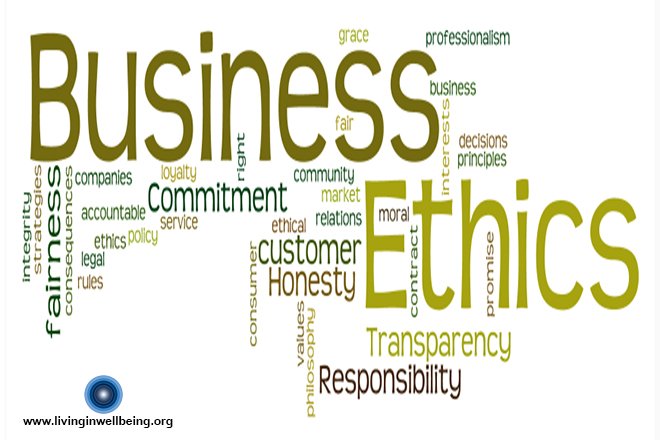
And we thought Enron was a fluke.
Every day more revelations surface about the greedy, selfish and unethical behaviors of corporate executives whose companies now face financial crisis. No wonder the American workforce is becoming more suspicious and distrustful of its employers.
Unfortunately, the bad - and headline-making - choices of a powerful few can easily taint the opinions, productivity and the trust the average worker feels for his/her own company. They likely will become more wary, wondering about their future and whether their own leaders are truly acting in the best interest of the company and its employees. Even companies that have honest, principled, "strong work ethic" executives can suffer if employees become distracted, apathetic or suspicious of their leaders' actions and ethics. The result? Reduced productivity and profits, and potential legal liabilities if employees fail to recognize what ethical behavior truly is, or worse, begin to model the recent unethical actions of some of America's biggest "leaders" and corporations.
To escape those potential landmines, now is the time to act. You must shore up the trust, productivity and decision-making of your managers and employees. The good news is that, with meaningful and sincere steps, you can protect the reputation and long-term interests and performance of your company:
1. Communicate! Communicate! Communicate! And once you think you've communicated enough, do it some more. Cut the "corporate-speak" and speak with sincerity and candor. Share as much as possible about your company's situation, challenges, strategy and its vision. And remember: During tough times, if the company doesn't provide information to its employees, the grapevine will manufacture it. You cannot afford rumor and misinformation to sidetrack your company.
2. Promote your ethics policy and standards. (If the company doesn't have an ethics policy, develop one now.) Make it user-friendly and easy to understand. On an annual basis, ask all employees (including leadership) to verify that they have read and understand the policy, and to demonstrate their willingness to embrace your standards of ethics and to ensure those standards remain at the core of their everyday actions. Make ethical behavior a part of your company's values, not simply a policy guide to dust off and read once a year.
3. Help all employees recognize and appreciate the consequences of ethical and unethical behavior. Reward and celebrate ethical behavior; at the same time, waste no time in reprimanding unethical behavior. Create an environment in which living those ethics is part of who are you are. Live them.
4. Recognize and develop strategies to overcome barriers in making ethical decisions at work. Cover a wide variety of topics that are important to your company and your employees. Things like respect, diversity, business gift guidelines, conflicts of interest, insider trading and on- and off-job conduct.
5. Apply a process for analyzing and making decisions using ethical frameworks that considers local laws, customs and environmental issues.
6. Hold all executives, managers, supervisors and individual contributors accountable for their actions and decisions. Create a company that is proud of how it conducts business.
Everyone has countless opportunities each day to make the right or wrong ethical decision. Don't make the mistake that many companies have made by thinking that ethical behavior simply "happens" on its own. Organizations need to educate, equip and nurture their employees to support and follow the company's ethical standards and policies. Ethical business decisions, at all levels, bring positive results - driving performance and shareholder return, and building a strong reputation that stands the test of time with customers and the community.












